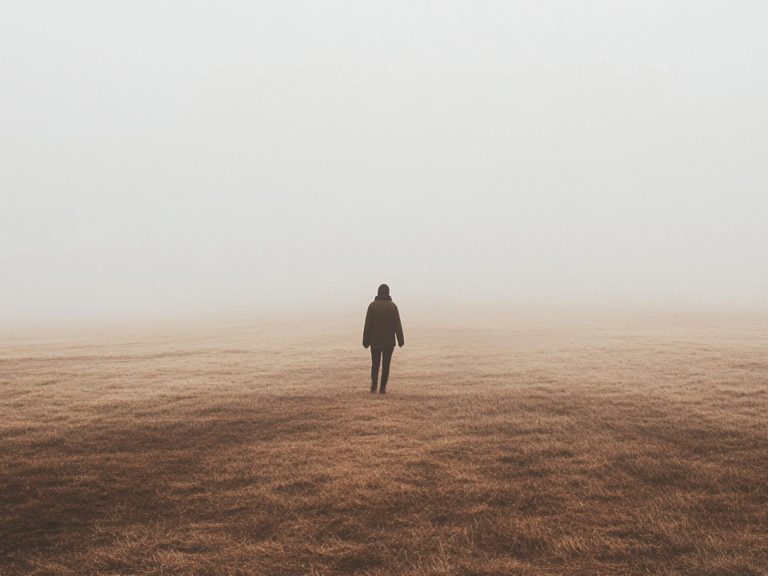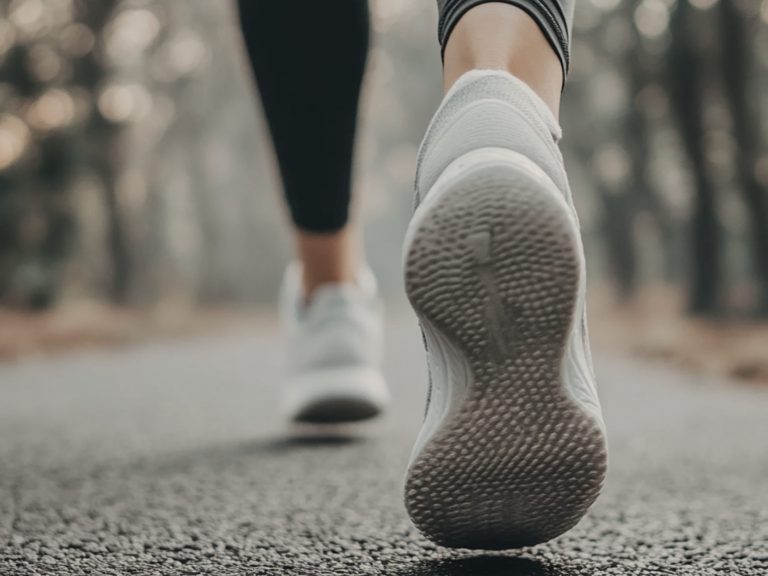Living With Binge Eating Disorder: My Story and How to Cope
If you asked me a year ago if I had binge eating disorder (BED), my answer would have been no. As an uneducated individual who had no idea what BED really was, I had just assumed that someone with BED would binge ALL the time, all day every day, and that was not me.
Binge Eating Disorder is not binging all day every day, in fact it’s quite the opposite. It’s going days of eating normally, and then having episodes of binging.
I want to preface this blog by stating that I am not a doctor or a medical professional in any way, however, this is my personal experience with BED.
When I started looking into binge eating disorder and what the signs are, suddenly I started checking all the boxes. Wow. This is me. This is what I have. It all started to make sense. Here are some of the main signs that indicated to me that I have BED:
- Emotional binging. I am a huge emotional eater, and it doesn’t matter what type of emotion I’m feeling. A hard, busy day at work? Binge. Something or someone makes me sad or upset? Give me all the bad food. Feeling overwhelmed, anxious, or stressed? Heck yes. Food will make me feel better. But aside from those negative type feelings, even if I was happy, even if I had something to celebrate, I would still turn to food.
- Closet eating. The times that I would find myself binging the worst is when I would be out and about, all alone. How easy is it to stop at a drive thru, order way more food than any one human should be consuming and be able to sit in a parking lot and eat it all without anyone there to judge me. Then discard the garbage and move on with life like it never happened.
- Feeling shame/guilt/remorse after eating. During my binging episodes, nothing else mattered. I didn’t think about the amount of food I was eating; I didn’t care about the amount of food I was eating. In the moment, it was making me feel better, it was giving me what I needed. The feelings all hit afterwards. The guilt. The shame. The remorse and regret for my actions. I said after the last time I would do better, try harder. I told myself I was going to stick to my diet or start making better choices. I said I was going to go straight home and not go to a drive thru, so why is my vehicle turning into the parking lot? I was a failure in my own mind, time and time again.
- Never feeling full. It doesn’t matter how much I would eat. My body, my stomach, my brain would never tell me that I’m full. I could eat huge portions and not feel full and continue to eat, and then I would feel uncomfortable and unwell. Why did my body not warn me? Why did it not tell me to stop? We would go to restaurants, and I’d feel embarrassed. All of my friends would eat half their meal, express how full they were and that they needed to take the rest home. I would look at my plate and know that I could not only finish what is on it, but also eat the rest of theirs if I had the chance. But I wouldn’t (most of the time.) I would pretend I’m also full, just to fit in and not look like a pig. The times when I would continue to eat the rest of my entire meal, I would feel shame and judgement, whether it was there or not. I would assume that they were thinking in their head ‘wow, like she needs to eat that, at the size she already is.’ I would feel their eyes on me as I sat there and continued to eat while they were all finished. Then, I would get in my car to leave, hit up the nearest drive thru to eat more, to rid of all these feelings in my head. Then I’d feel guilt and remorse the whole way home. The cycle continues.
In February 2024, I finally got a call to attend a weight loss clinic that my doctor had referred me to. After doing research about binge eating disorder and expressing to my weight loss specialist that I think I have it and having that discussion, she agreed. I have binge eating disorder.
She asked if I’d consider going on ADHD medication. She explained that oftentimes those with binge eating disorder are lacking dopamine. One can get extra dopamine in different ways – exercising, meditating, getting a healthy amount of sleep, listening to music, getting sunlight … oh, and eating. Food. Binge eating gave me that extra dopamine that my body needed to make me feel content again. The ADHD medication she prescribed me, Lisdexamfetamine (Vyvanse), would provide me the extra dopamine that my body needed in hopes that I would no longer need to turn to food.
The decision to go on this medication truly saved my life, in more ways than one. Turns out I may also have ADHD, but that’s a whole other conversation. The constant food noise in my head, telling me to eat, needing food to make me feel better was finally gone. My brain felt clear. I could make it through the day without focusing on when my next meal was or what I could eat next. The mental fog I was living in was starting to dissipate.

If you think that any of the above qualities define you, I highly recommend speaking to your doctor. Start the conversation. It’s not easy. It’s embarrassing. It’s hard (I cried.) But it’s worth it. Your health is worth it. You deserve to live a life where you do not feel trapped by food and addiction.
Tell me in the comments below:
Are you ready to take the first step to overcome your binge eating disorder?








One Comment